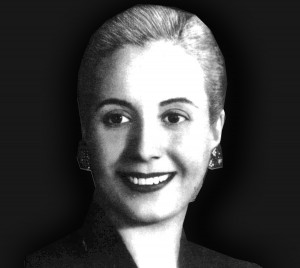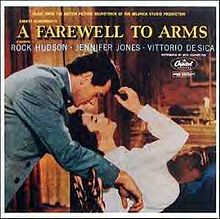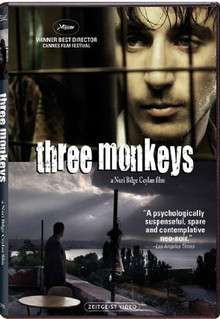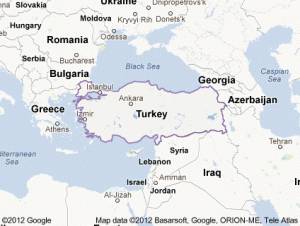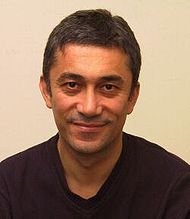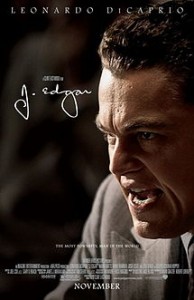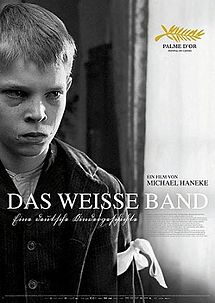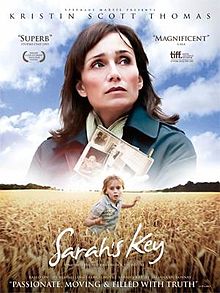 There are two themes in Sarah’s Key. The first is the sense of duty to tell of the Jewish manhunt that happened in France; the other is the relevance of the past to the present. Therefore, the movie goes back and forth between 1942 and present day and comes together at the end.
There are two themes in Sarah’s Key. The first is the sense of duty to tell of the Jewish manhunt that happened in France; the other is the relevance of the past to the present. Therefore, the movie goes back and forth between 1942 and present day and comes together at the end.
Sarah is a ten year old girl who lives in Paris during Nazi-Germany occupation. One day, the French police come to arrest her family because they are Jewish, but Sarah quickly thinks to hide her younger brother Michel in the closet; she locks him in and instructs him, “Never come out, I’ll come back soon,” as she is taken away with her parents. They are forcibly transported to Vélodrome d’Hiver (an indoor bicycle race track) where the imprisoned Jews are in intense heat and cannot go to the bathroom. From there, they are sent to a temporary internment camp and finally to Auschwitz. Sarah escapes from the internment camp to return to Paris with the key to let her little brother out of the closet.
Julia is a skilled American journalist who lives in Paris with her French husband. She is assigned an article to cover the Vélodrome d’Hiver massive arrests in 1942 (abbreviated by many as the Vel’ d’Hiv Roundup), but during her investigation, she discovers that Jews were hidden in the condo owned by her husband’s family. She learns that the parents who lived in that condo died in Auschwitz, but their children Sarah and Michel didn’t, so her investigation turns to focusing on what became of them. However, in doing so, she causes pain to her husband’s family. Her husband’s grandfather had obtained Sarah’s vacant condo at a very low price, and, since nobody came back alive, her husband’s family has lived there in peace, unaware of its history.
The fact that French people forcibly moved Jews and sent them to Auschwitz was not publicized for a long time. However, Chirac was elected as president in 1995 and he, immediately after his presidential inauguration, recognized for the first time that the country had made a mistake with the participation of the French police in the Vel d’Hiv Roundup and Jewish persecution during World War II. But until President Chirac’s public recognition, most citizens were not aware of the incident.
During World War II, under the Vichy administration, a committee was formed to review the procedure of becoming a citizen and those who had become a citizen between 1927 and July 1940 were investigated; as a result, a law that invalidated the French citizenship of 15,000 Jews in France was proposed. The law was passed which allowed the revoking of citizenship and continued downgrading of the social class of Jews in France. Consequently, there was no governmental responsibility for French Jews and Vichy France was able to send Jews to concentration camps and Holocaust internment camps legally. After that, similar laws were passed in Algeria, Morocco, and Tunisia, French colonies at the time.
The attitude of, “It’s all because of the terrible Nazis. France was occupied, and so was not responsible!” isn’t true because there is evidence that Vichy France adopted these laws without being forced to by Nazi Germany.
In fact, I wonder if it is that nobody wants to talk about France’s dark past where, only 70 years ago, the country was divided into two opposing parts. Therefore, I think people want to believe that Vichy France that cooperated with the Nazis that occupied the northern half of France was not true France, and may say that they have no responsibility for what Vichy France did regarding France’s cooperation with the Nazi’s Jew hunt. Charles de Gaulle (President from 1959 to 1969), who had taken refuge from Vichy France in Britain and adamantly resisted Germany, was unable to apologize for the actions of Vichy France, his own enemy.
Both President Pompidou (1969 to 1974) and President Mitterrand (1981 to 1995) who took over after de Gaulle were fighters in the resistance and so seemed to believe they did not need to apologize for the past actions of Vichy France. In the end, President Chirac of the conservative party (president from 1995 to 2007) was the first to recognize France’s responsibility with his apology that France should’ve protected their people from their enemy.
Also of the conservative party, Jewish President Sarkozy (2007 to 2012) was against the anti-Semitism, but did not acknowledge the crime by the French government. However, left-wing Hollande defeated Sarkozy in the presidential elections and was the first left-wing president to recognize the national crime of the Vel d’Hiv Roundup.
This movie depicts the question of how a Jew overcomes oppression and lives afterwards. The life of a liberated Jew is not over even if a movie ends when the Allies win and end the war. It is a sad journey to follow what happened to Sarah afterwards. The spirit of Sarah who survived only with the motivation to rescue her younger brother is suddenly broken. There are many warm and gentle-hearted people around Sarah, but that love was not able to save Sarah. In this sense, this is a sad movie without salvation, but I think the audience can have hope at the end of this movie. Julia’s journey causes pain to her husband’s family who do not want to know about the past and Sarah’s family, but in the end the family accepts and appreciates knowing the painful past. Furthermore, Julia’s journey went beyond an investigation of another person’s life when it provided an opportunity for her to think about her own life.

